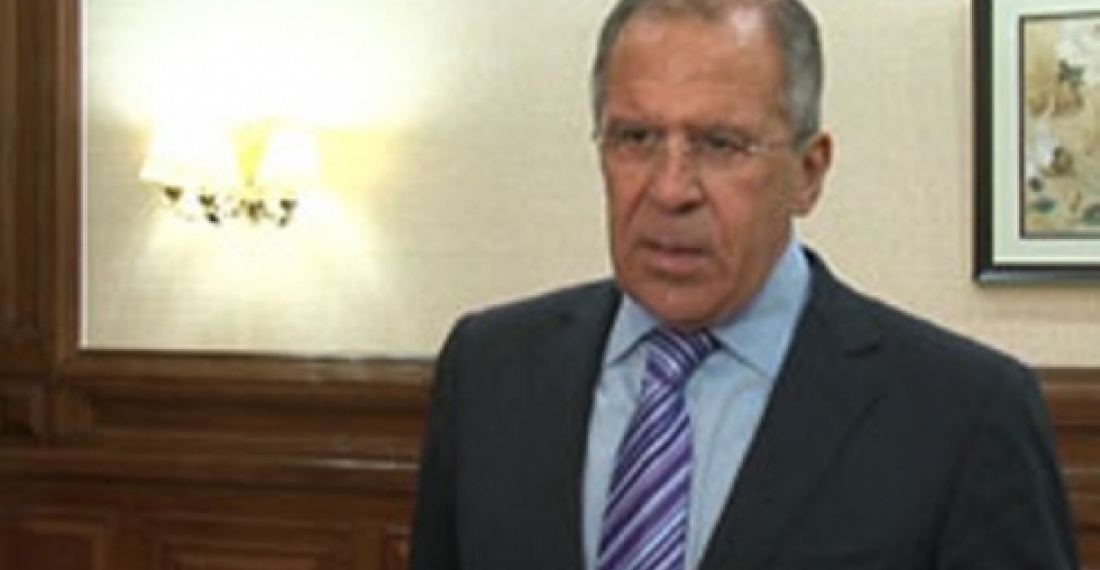There is unease in Russian diplomatic circles that comments made by the Russian Foreign Minister Sergei Lavrov, whilst visiting Yerevan and Baku earlier this week, have caused speculation about the Russian position on the conflict, especially in the media in the two countries. Now Lavrov himself has intervened to reiterate continuity in the Russian position. In a comment on Friday Lavrov said, “Following my trips to Yerevan and Baku I hear that some people doubt our position. I would like to confirm clearly that Russia has not changed its position on support of the Karabakh settlement.”
“Our position is based on the principled approaches offered by co-chairs of the Minsk Group, and confirmed by presidents of Russia, France and the US over past three years on the fields of the G-8 summits,” Lavrov said. “In the framework of this position President Medvedev undertook his initiative on trilateral contacts with presidents of Armenia and Azerbaijan. Both the position of the co-chairs and our actions based on the necessity to be looking for a solution, which would answer the interests of one and the other side, which would be acceptable for both sides, and which would be based on similar attitude towards the three basic principles; respect for territory integrity, the right of the people for self-determination, and non-use of force.” “None of these principles is above others,” Lavrov said. “This is not a hierarchy, those are three absolutely similar principles in the opinion of the co-chairs. In this context only a fair solution may be found.”
The foreign minister said that Russian suggestions, which cover all elements of future settlement, had been supported by co-chair countries and the leaders of Russia, the US and France during a meeting in Kazan in last June.“Our efforts continue, and they continue to be based on equal attitude to the principles of territory integrity, self-determination of peoples and non-use of force,” the minister said.
Russia's position has not been appreciated by some members of the Azerbaijani Parliament, who raised the issue yesterday at a meeting of the Milli Meclis. MP Gudrat Hasanguliyev noted that Russia also participated in the occupation of Azerbaijani territory whilst MP Zahid Oruj stated that "Sergey Lavrov said in Armenia that the Karabakh people would determine the fate of Nagorno-Karabakh. This statement cannot skip the attention. Armenia has adopted a law on Karabakh. We should also adopt a similar law in order to remove the notion of a seperate 'Karabakh' people", according to Gun.az. However, Milli Meclis Speaker Ogtay Asadov reminded members that Russia was one of the co-chairs of the OSCE Minsk Group, and with the initiative of the Russian president alone, Azerbaijani and Armenian presidents met 10 times in a year.
Commonspace.eu political editor said in a comment that "Russian Foreign Policy is walking on a very fine line in trying to keep not only good but also special and strategic relations with both Armenia and Azerbaijan, and both sides have expectations from Russia that are going to be difficult to satisfy. This leads to contradictions in the Russian position, with Russia on the one hand projecting itself as the principal mediator between the two sides, whilst on the other hand it is in a military alliance with Armenia, whilst at the same time it is trying to sell arms to Azerbaijan."
source: commonspace.eu with Itar-Tass, News.Az and Gun.az
photo: Sergei Lavrov, Foreign Minister of Russia (picture courtesy of the Russian Foreign Ministry)







